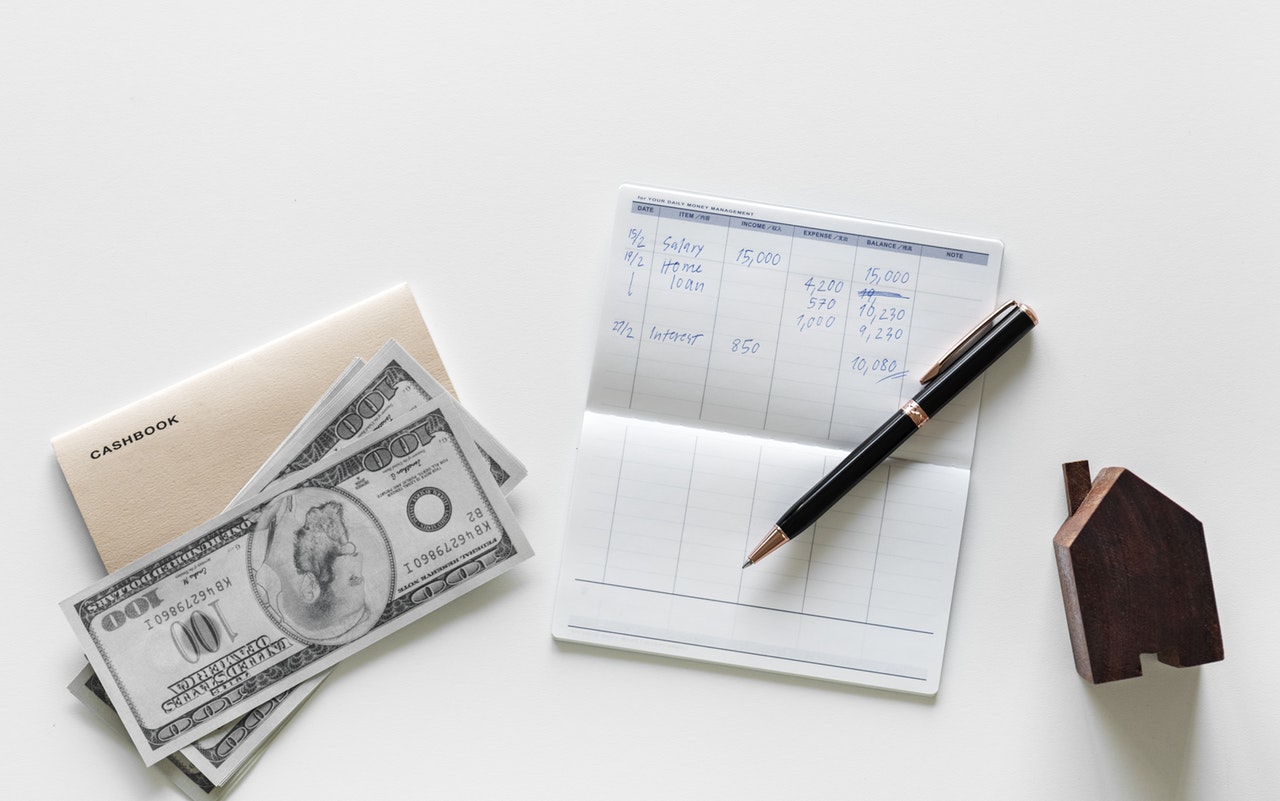[dropcap]H[/dropcap]aving bad credit can have devastating consequences on your finances. It limits your ability to borrow because lenders are reluctant to deal with high-risk borrowers. If you are lucky to obtain any type of loan, you are likely to get it on very unfavorable terms.
Lenders use your credit score to assess your credit risk. Your score is based on factors such as past loan payments, credit utilization, foreclosures, bankruptcies, and credit applications, among others. There are various sites online where you can find your credit report if you want to ascertain your current credit score.
If you have bad credit, however, all is not lost. There are several steps you can take to repair your credit and start saving money on credit cards, loans, and insurance. Other benefits of improving your credit score include increased employment opportunities or even promotions at your place of work.
To get to the main theme of the article, here are some of the ways you can fix bad credit:

1. Pay up your student loans
If you have any outstanding student loans, make clearing them a priority. These are loans that can affect you financially for the rest of your life. What’s even worse is the fact that you cannot discharge them merely by declaring bankruptcy. Any time you miss or delay on your payments, you will be derailing your prospects of repairing your credit score.
2. Stop using prepaid cards
Prepaid credit and debit cards charge exorbitant fees and interest rates. When you use these cards to purchase goods, you are likely to end up paying over the odds for them. In fact, you could end up paying up to double the normal price. Also, these cards don’t reflect on your credit report, which means that they cannot positively affect your credit score.
3. Obtain a small installment loan
If you have been with your credit union or bank for a while and you have convinced them that you can pay your debts, you can apply for a small installment loan. This loan will help you improve your credit score bit by bit through regular payments. Some lenders offer guaranteed approval on certain loans for people with bad credit. You can use these types of loans to fix your credit.
4. Look out for errors in your credit report
Sometimes, your credit reports may contain errors that can impact your creditworthiness. That is why you need to take the time to read through your credit report and try to see if there may be some errors in it. Don’t be overwhelmed even if you feel like the report is too long. Your effort will be worth it in the end.

5. Pay your monthly bills in time
Paying all your bills on time is absolutely critical if you are trying to fix your credit. You want to focus more on your credit card bills because these ones are going to be reported to the various credit bureaus. Even when you don’t have enough money, make sure you pay at least the minimum amount.
In summary, repairing your credit doesn’t have to be a complex process. It’s all about doing the right things consistently. How long it takes will be determined by how low your credit score is and what has caused it. These tips should help you in your efforts.







